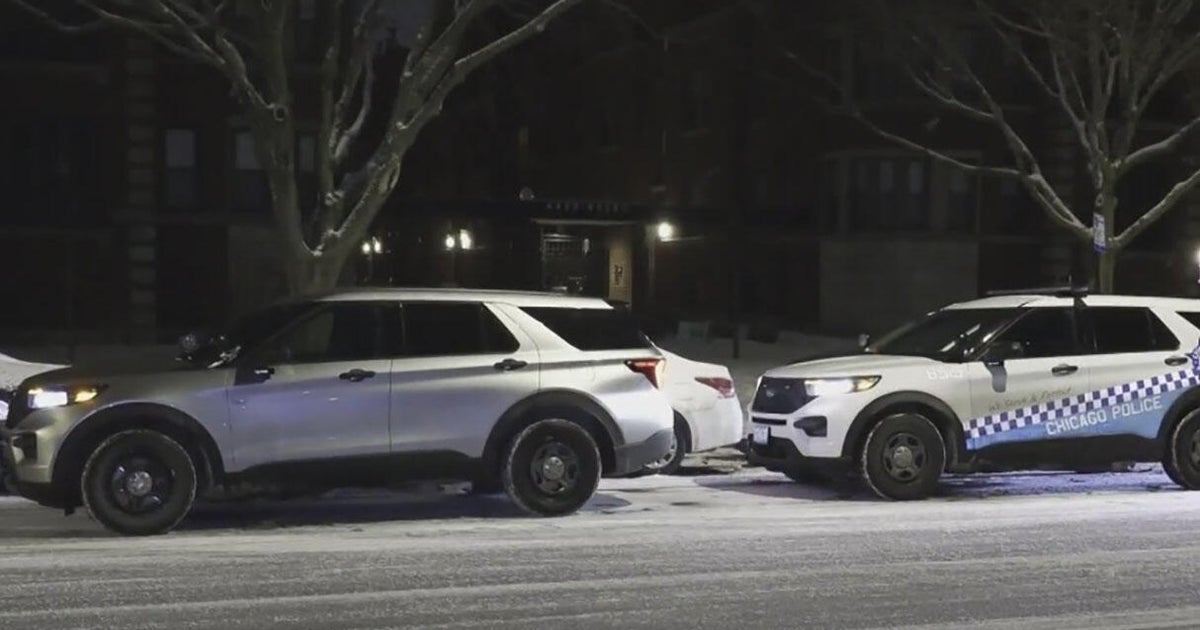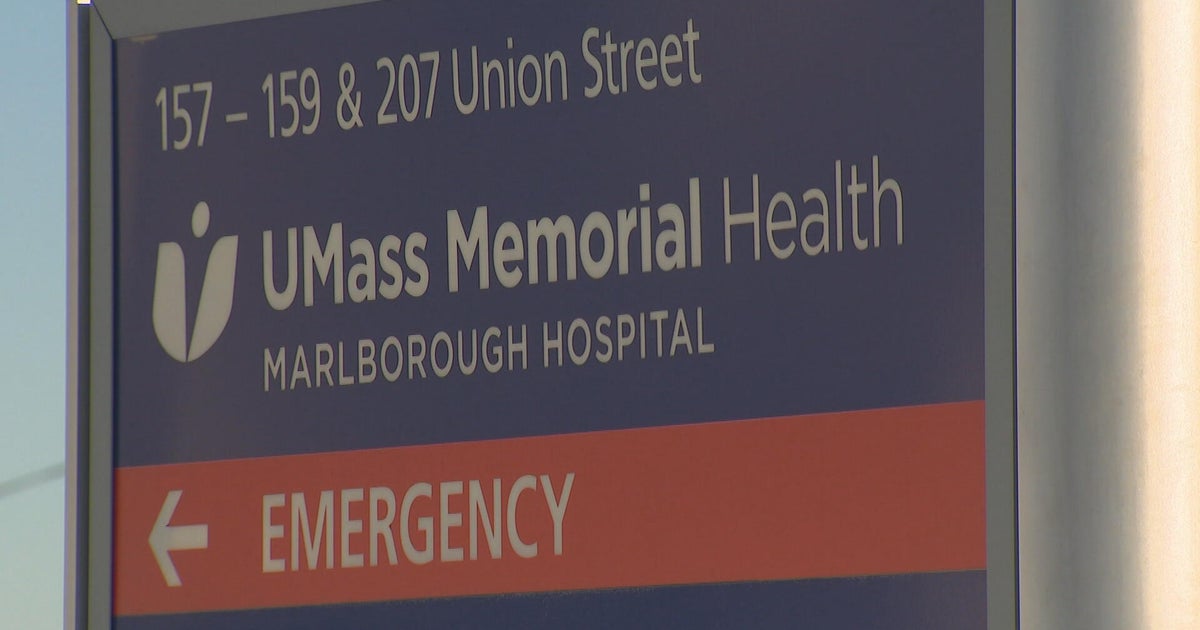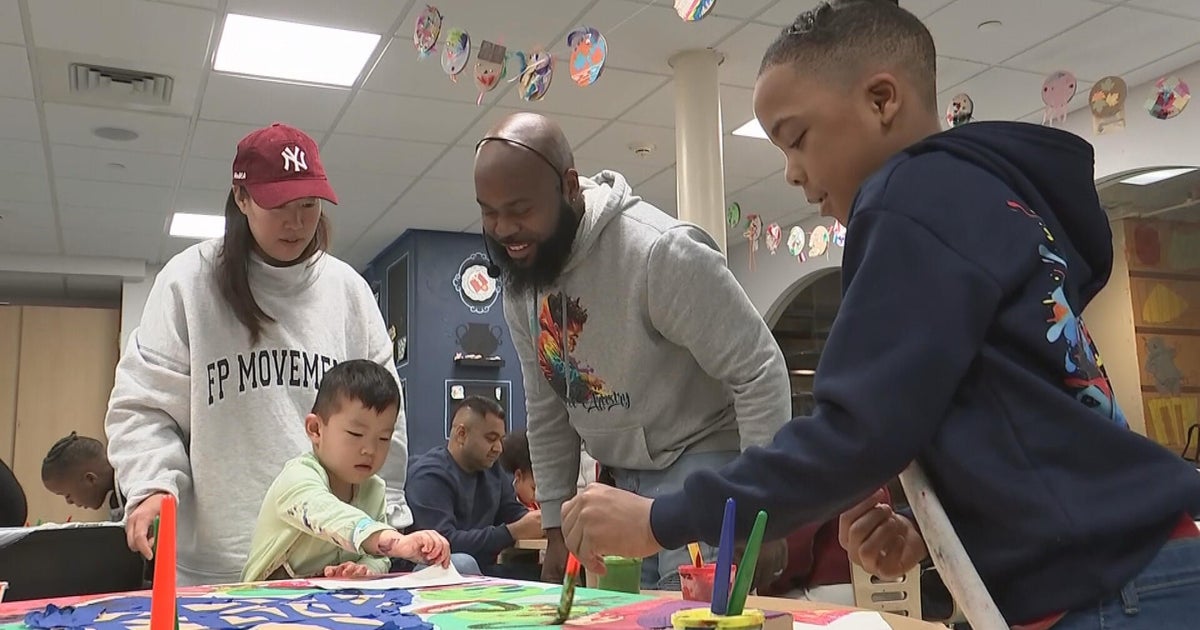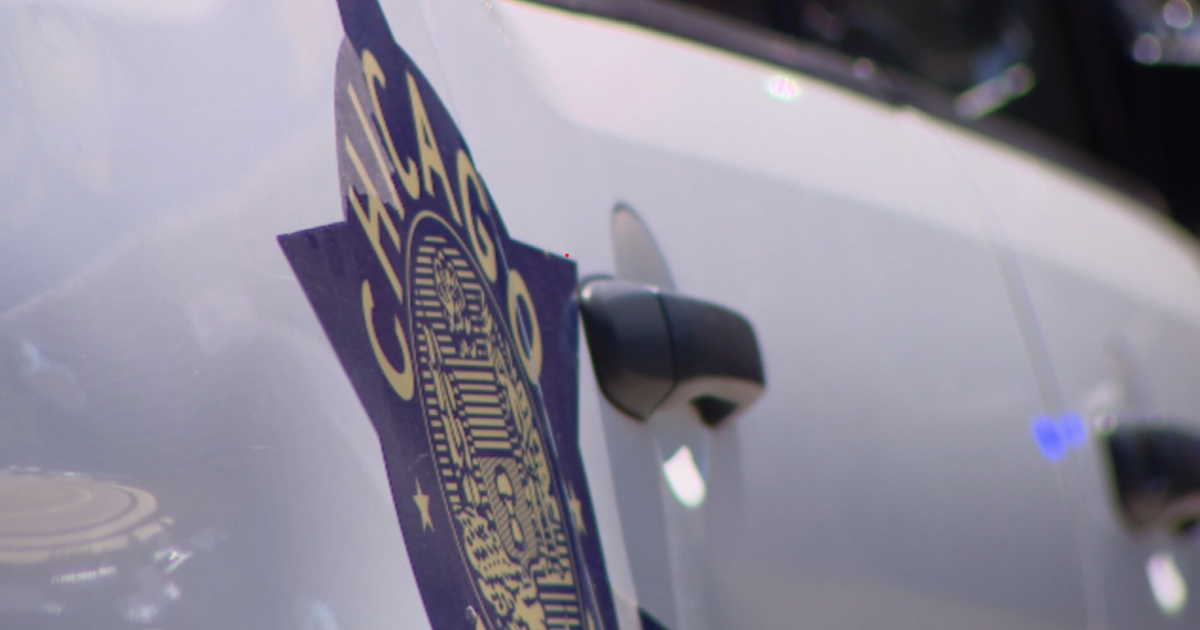'Doctors Had The Power To Do What They Wanted': Chip Jones On New Book 'The Organ Thieves...'
(CBS Local)-- It's been over 40 years since the controversial death of a Virginia man named Bruce Tucker. In 1968, the Black man sustained a head injury and went to Virginia's top research hospital to be treated. Tucker slipped into a coma, his family was never contacted and his heart ended up in the body of a white businessman. Author Chip Jones writes about the circumstances around Tucker's death and the inequality in medical treatment in his new Simon & Schuster book "The Organ Thieves: The Shocking Story Of The First Heart Transplant In The Segregated South."
Jones spent years looking into the story of Tucker's death and also the history of mistreatment of Black men and women in the world of healthcare. The author believes that now is the right time for this book to come out for several different reasons.
"I started out by checking out what happened with the heart transplant in 1968," said Jones in an interview with CBS Local's DJ Sixsmith. "I started looking at what happened to this man named Bruce Tucker and in a nutshell, he was a working man, a Black man and a factory worker in Richmond. He had just finished his work day and work week and he was hanging out with some friends. He was sitting on a wall and had the misfortune of falling back and hitting his head. He was rushed over to the emergency room at the Medical College of Virginia and his vital signs were good. He was agitated, but he was still very much alive. He went into a coma that night and 21 hours later, the hospital had pulled the plug on him and had removed his heart, without any consent by his family and they also took his kidneys. I spent three years digging into this story and I found out it linked to a whole darker side, not only of medicine in the South, but in the entire United States."
The white businessman who received Tucker's heart only ended up living for another eight days. One of the biggest surprises that Jones discovered during his research is that there wasn't a system in place for organ donation in the 1960s like there is now.
"This is not a book against organ transplants, this is a book to reveal what happened," said Jones. "The most shocking thing to me was the power that doctors had in 1968 to do what they wanted to do with very little oversight. The other shocking thing is the system of grave robbers that had been set up in the 1800s and went into the 1900s. It actually went into the 20th century and it blew my mind. There was a man that lived in the basement of the medical school in Richmond who was hired to work with criminal gangs to hang out and spot out cemeteries where Black people were taken and these were a lot of enslaved Americans who were dying in the fields and in the factories of Richmond."
Hospitals in Virginia had only desegregated three years before the incident with Tucker. Jones believes that this context is extremely important when understanding the story around Tucker.
"Right after Martin Luther King Jr. was shot, Bruce Tucker went into the hospital and there were very tense relationships with the police in Richmond," said Jones. "When the police cruiser was sent to find the family of Bruce Tucker, of course the people in his rooming house were going to say we don't know Bruce Tucker. The exact words aren't there in the record, but they basically said we don't know where his family is. That was the claim the hospital made and this was on the same day they took his heart out. The combination of the slowness of desegregation in the South and the tension in the whole country after Martin Luther King was shot and it's the tension that contributed to Bruce Tucker not getting a fair shake."
"The Organ Thieves: The Shocking Story Of The First Heart Transplant In The Segregated South" is available now wherever books are sold.







